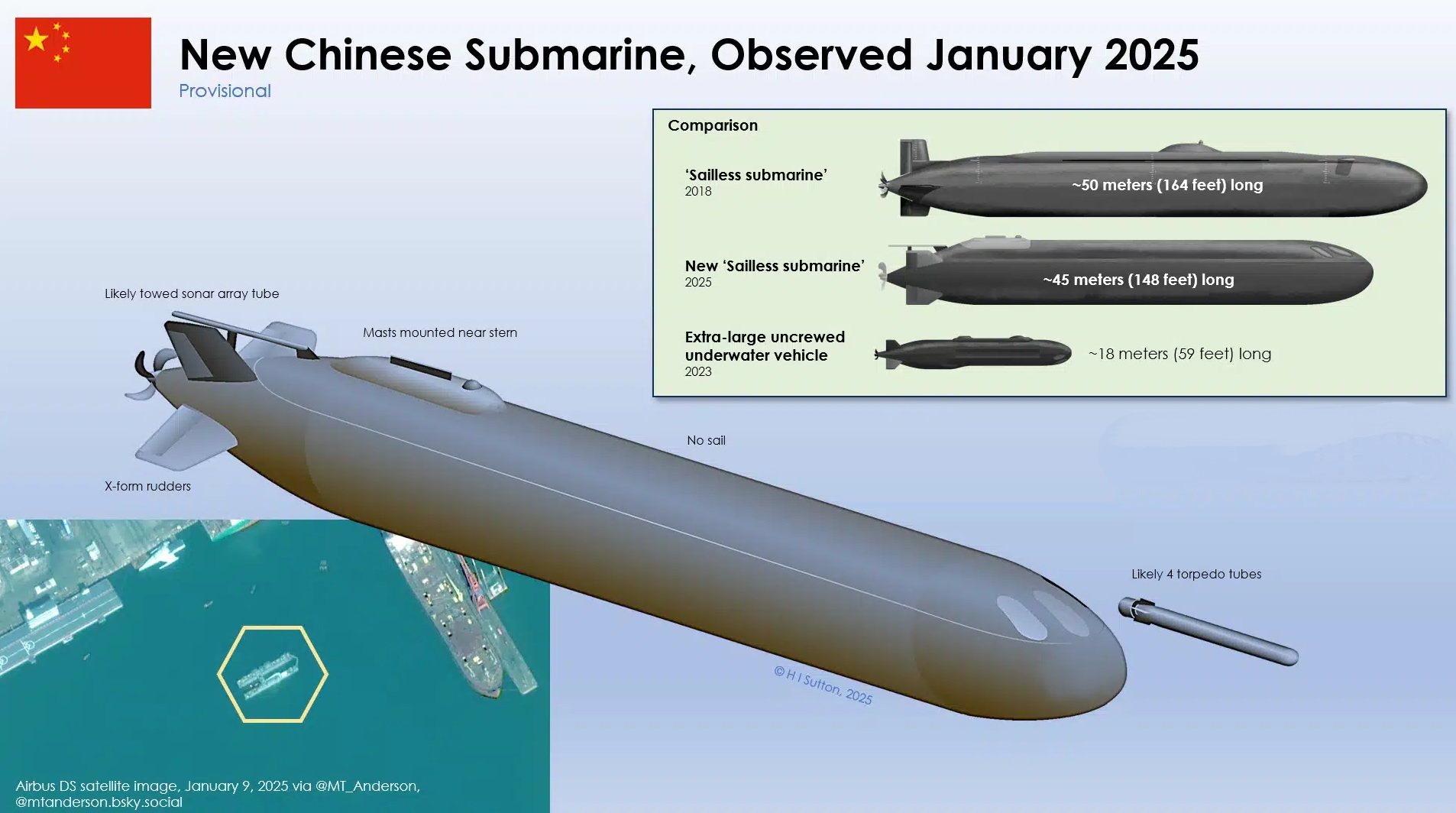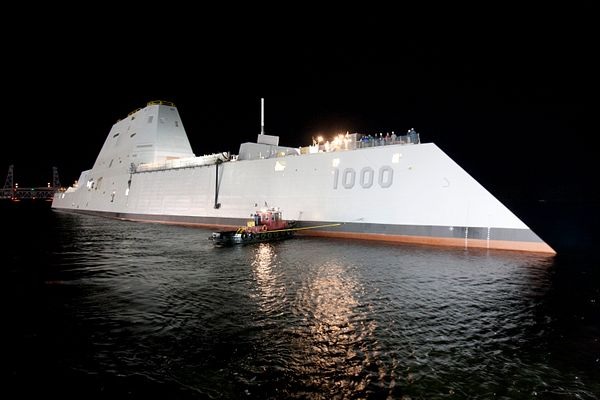Is Algeria Quietly Acquiring Russia's Su-57 Stealth Fighter?

Speculation is mounting over Algeria's potential acquisition of Russia's Su-57E stealth fighter jet, following Rosoboronexport's recent announcement at Airshow China 2024 that the aircraft has secured its first export contract. Although the buyer's identity remains undisclosed, Algeria is a prime candidate due to its longstanding military ties with Russia and its pursuit of modernizing its air force to maintain regional dominance.
Algeria's interest in advanced fighter jets has intensified in response to Morocco's purchase of cutting-edge F-16 Block 72 fighters from the U.S., creating a competitive military landscape in North Africa. Algeria's current fleet includes Russian-made Su-30MKAs and MiG-29s, making the integration of the Su-57E a logical progression. The Su-57E, an export variant of Russia's fifth-generation Su-57 Felon, offers stealth capabilities, advanced sensors, and combat-tested technologies, distinguishing itself from older platforms.
The Su-57E boasts specifications tailored for international buyers. Its advanced avionics suite supports missions ranging from air superiority to ground strike. Powered by twin engines generating 14,500 kgf thrust each, the aircraft achieves supercruise speeds exceeding Mach 1.6 and incorporates "supermaneuverability," critical for dynamic aerial combat. Its range, extended to 7,800 km with in-flight refueling, and its ability to carry up to 10 tons of payload, including hypersonic weapons, make it a formidable tool for Algeria's defense strategy.
Russia's emphasis on combat-proven reliability adds to the Su-57E's appeal. The aircraft has reportedly been deployed in limited operations in conflict zones like Ukraine and Syria, showcasing its operational readiness. The export variant unveiled in China included live demonstrations, reflecting Russia's intent to attract global buyers. For Algeria, acquiring this jet could signal a shift in regional power dynamics, possibly prompting neighboring countries to reevaluate their military postures.
While alternative buyers such as China or Iran have been discussed, China's focus on domestic projects like the J-20 and its sixth-generation fighter program reduces its likelihood. Iran's financial constraints, exacerbated by international sanctions, further diminish its chances, leaving Algeria as the most plausible candidate. If the deal is confirmed, it would not only enhance Algeria's strategic capabilities but also mark a milestone in Russia's arms export program, given the Su-57E's high-profile status as a fifth-generation fighter.
The implications of Algeria's possible Su-57E acquisition are significant, both regionally and globally. It underscores Algeria's role as a key North African military power and reflects its broader geopolitical ambitions. At the same time, it could intensify the arms race in the region, especially as neighboring states seek to counterbalance such advanced acquisitions.
Although no official confirmation has emerged, reports suggest that discussions are progressing. This potential deal highlights Algeria's enduring reliance on Russian defense technology, contrasting with nations like India, which are diversifying their procurement strategies toward Western suppliers. For Russia, a confirmed sale would reaffirm its foothold in the global defense market despite facing competition from other fifth-generation fighter manufacturers.



